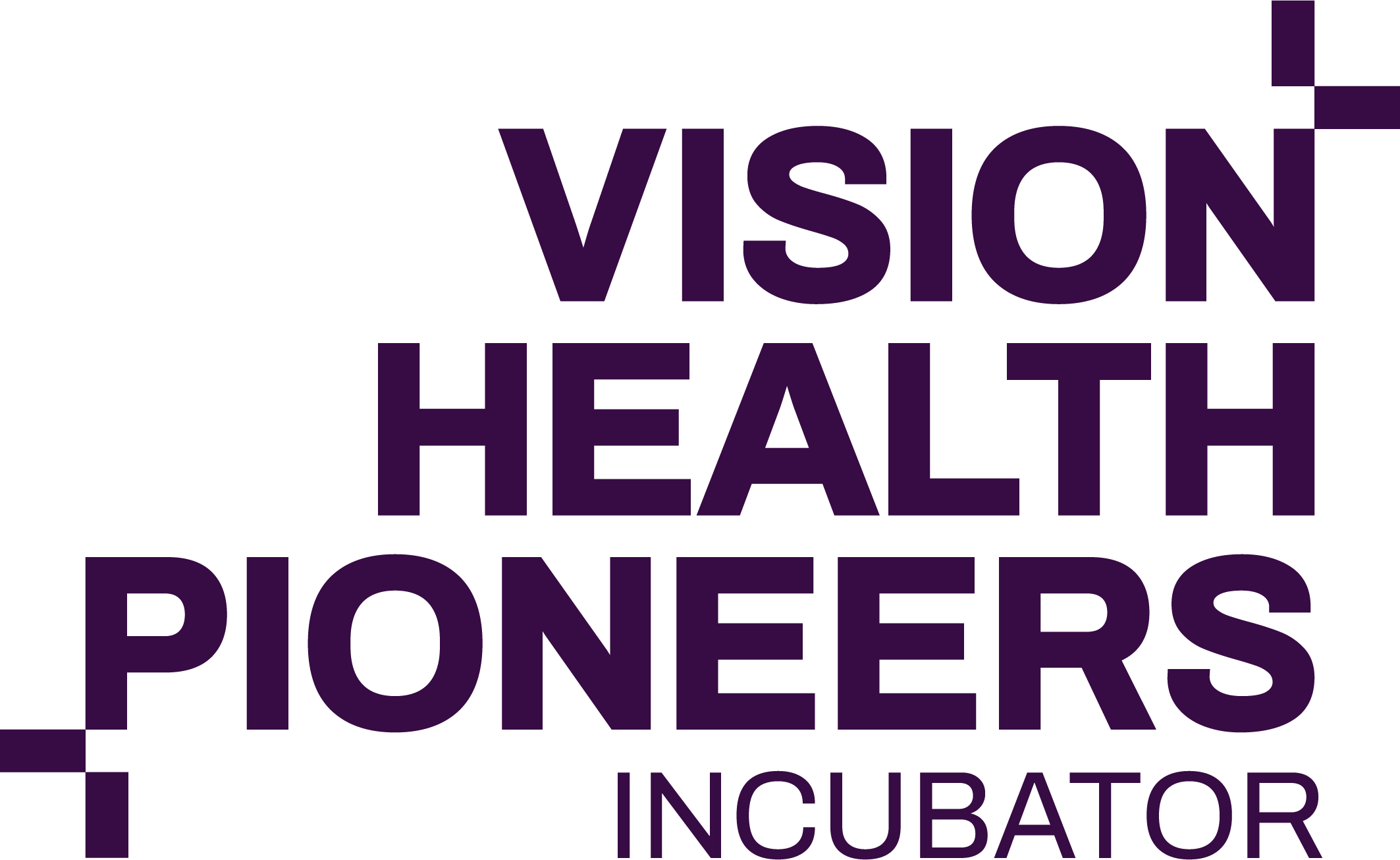
13 Mar The Future of Women’s Cardiovascular Health is Holistic and Precise — A Women’s Health Special with Petronela Sandulache
“This is not just about improving medical care for women, this is about personalized, individualized healthcare for everyone”
Alyson McGregor
Petronela Sandulache is a Founder, Health Innovator, and Patient Equity Advocate. After the tragic and unexpected loss of a loved one due to a misdiagnosis, she embarked on a journey with her social impact organization CorDiFio Health to bring awareness of women’s heart diseases – the #1 killer of women more than all cancers combined.
Since 80% of heart diseases can be prevented if caught in time, Petronela believes that millions of lives can be saved with the right tools and information.
In our conversation, we discussed common misconceptions about heart disease and what it takes to close the women’s health gap.
The misconceptions about heart disease
There are many misconceptions surrounding heart disease. One is that it is often considered a man’s disease. However, in Europe heart disease kills 51% of women and 42% of men, and breast cancer kills 3%.
Why do so many women die of heart disease? One reason is that, as Petronela experienced first-hand, women are often misdiagnosed or underdiagnosed due to the fact that they present different, non-traditional / non-male-specific symptoms. A “traditional” heart attack feels like excruciating pressure, as if “an elephant is standing on the chest” combined with left-hand pain. It’s the typical “Hollywood heart attack.” For women, the symptoms might be less obvious, like unusual fatigue, dizziness, jaw and back shoulder pain, and even indigestion or depression. Chest pain is a common symptom and might be present but not necessarily. “There is a whole body of research in this field which must be made public knowledge to protect yourself and your loved ones”, Petronela says.
One study on Caucasians showed that 30-50% of women were misdiagnosed with depression. However, Petronela highlighted that depression is often a symptom or side-effect of issues like heart disease. “There’s a lot of historical baggage behind why heart diseases haven’t been considered a female disease. The sad thing is that today – and probably in the past as well, more women are dying from a “male disease” than men because women get in very late when the damage is already done.”
A quick search on the internet and listening to stories from many patient survivors shows just how many women have been misdiagnosed and misinformed, and their pain and symptoms have not been taken seriously. For instance, one woman got saved by her dog during her sleep. Days before, she had already told her doctor she suffered from indigestion, upon which he gave her medicine without further examination. After the heart attack, the woman couldn’t believe what had happened to her. “Why me? I’m so athletic and young?”, she said, fully convinced that heart attacks happen only to individuals with a specific body type or unhealthy diet. “There’s a lot of bias – both among physicians and the general public”, states Petronela.

Addressing bias through awareness and health literacy
Heart disease and the prevalence of misdiagnosis or undertreatment is deeply personal for Petronela, and the raison d’etre behind her social impact organisation Cordifio Health. The vision is to raise awareness, educate, and contribute to ensuring that no more moms, aunties, or women out there lose their lives unnecessarily due to a lack of knowledge or empowerment. The goal is to empower every person with their health information in order to have informed conversations with their doctors and family members and identify issues early on. Prevention is key to a long and good life.
Petronela loves listening to TED talks while making her morning tea. One morning in Australia she listened to a talk by emergency physician Prof. Alyson McGregor on why medicine often has dangerous side effects on women. It left a deep impression on her, one that would change her career trajectory ever since.
That morning, Petronela learned that the reason why 8 out of 10 drugs get withdrawn from the market is because they have side effects on women. This is due to the fact that they simply haven’t been tested on women. On top of that, until recently, the vast majority of test subjects in labs – cells, rats, pigs, monkeys – or humans in clinical trials, were male. Besides unnecessarily costing lives, it results in enormous resource wastage. “We know that it costs more than a billion dollars to develop a drug on average. Imagine how much money gets wasted because drugs have never been tested or designed for a female body. Fortunately, things have been changing and now women must be included in clinical trials. That said, the pace of change is still too slow.”
Why are women historically underrepresented in clinical trials?
Back in the day, few women worked in the medical field, and “many women believed that women’s health needs were a low priority in the scientific and medical fields.” What’s more, there was obvious caution from the regulators who excluded women from participating in drug trials because of potential risks in case of pregnancies. “This cautious approach resulted from drug-related incidents, particularly the tragedy that occurred from the use of the drug thalidomide”. Thalidomide was a sedative. Thousands of women who took the drug while pregnant gave birth to babies with horrible limb deformities. This horrific event caused researchers to adopt a cautious approach to female participation in clinical trials.”
Petronela hopes that heart disease literacy will become commonplace. Additionally, she believes that medical schools have a big responsibility to change the bias by educating the next generation of doctors in sex- and gender-sensitive medicine: “Already in some universities around the world, the curriculum is changing and now includes elements of gender medicine. This is a huge step forward. However, these initiatives will take time. Meanwhile, it would be fantastic if every person on the street knew that heart disease presents differently in men and women so they can protect themselves and their loved ones from something that yes, it could be anxiety or depression or indigestion, but what if it is a heart attack symptom? And the answer to their quality of life?”

From symptom-focused and one-size-fits-all to holistic and precision medicine
Prevention is better than cure. The saying that resonates a lot with me is: “A healthy person has a thousand problems, a sick person only one”.
The type of progress the digital health founder hopes to see in healthcare is twofold: Firstly, a shift towards holistic health – among healthcare professionals and the general public, and secondly, the adoption of precision medicine.
Medicine in the West tends to be reductionistic and symptom-oriented. “In Western medicine, once you get a disease, you try to minimize the impact of the symptoms, but you don’t go to the root cause. I’m passionate about the root cause – I want to find out where the true problem is and fix it. Once you solve the root cause, your symptoms will disappear. Obviously, it is easier said than done.”
Holistic health, on the other hand, considers the whole person and recognizes that health is contextual and influenced by one’s external environment. Studies have already found how exposure to fumes, polluted air, and even noise pollution contributes to cardiovascular disease. As Petronela adds, even the food we eat can make us sick in the long term. “In our grandmothers’ days, animals like chickens would hang around in our gardens. Nowadays, we barely know where our meat comes from. If the chickens are sick or unhappy, we also put their diseases, unhappiness, and chemicals in our bodies.”
From a holistic health perspective, investing in prevention is fundamental. “Prevention is better than cure. The saying that resonates a lot with me is: “A healthy person has a thousand problems, a sick person only one”.
Petronela referred to the people of “blue zones” in Okinawa (Japan) and in Sardegna (Italy) where quality and life expectancy are much higher than the global average. “These people are very proactive when it comes to their health. Besides their healthy lifestyle and nutritious diet, they go to see doctors even when they’re healthy. They not only live long, they also radiate joy!” For Petronela, preventative health means empowerment. “We have the power in our hands to take care of our own health and the health of our loved ones. Why don’t we just do it?”
On the other hand, Petronela welcomes the shift toward precision or personalized medicine. This approach takes into account individual differences in patients’ genes, environments, and lifestyles. “Knowing that it takes on average 1 billion dollars to develop a drug, on an individual level, precision medicine is very expensive. And here’s my question to those who work and research this field: maybe we can at least start on a population level and create drugs for male and female bodies? At least we might be closing the gap with precision medicine at a population level.”
Ultimately, closing the women’s health gap doesn’t just benefit women – it improves the lives of all. In the words of emergency physician Alyson McGregor, who was and continues to be a profound inspiration to Petronela: “This is not just about improving medical care for women, this is about personalized, individualized healthcare for everyone.” Doing so also makes economic sense. According to the latest McKinsey report: “Investments addressing the women’s health gap could add years to life and life to years—and potentially boost the global economy by $1 trillion annually by 2040.”
Learn more about the work of CordiFio Health here and attend Petronela’s TedX Talk in Freiburg on March 23. More information below!



